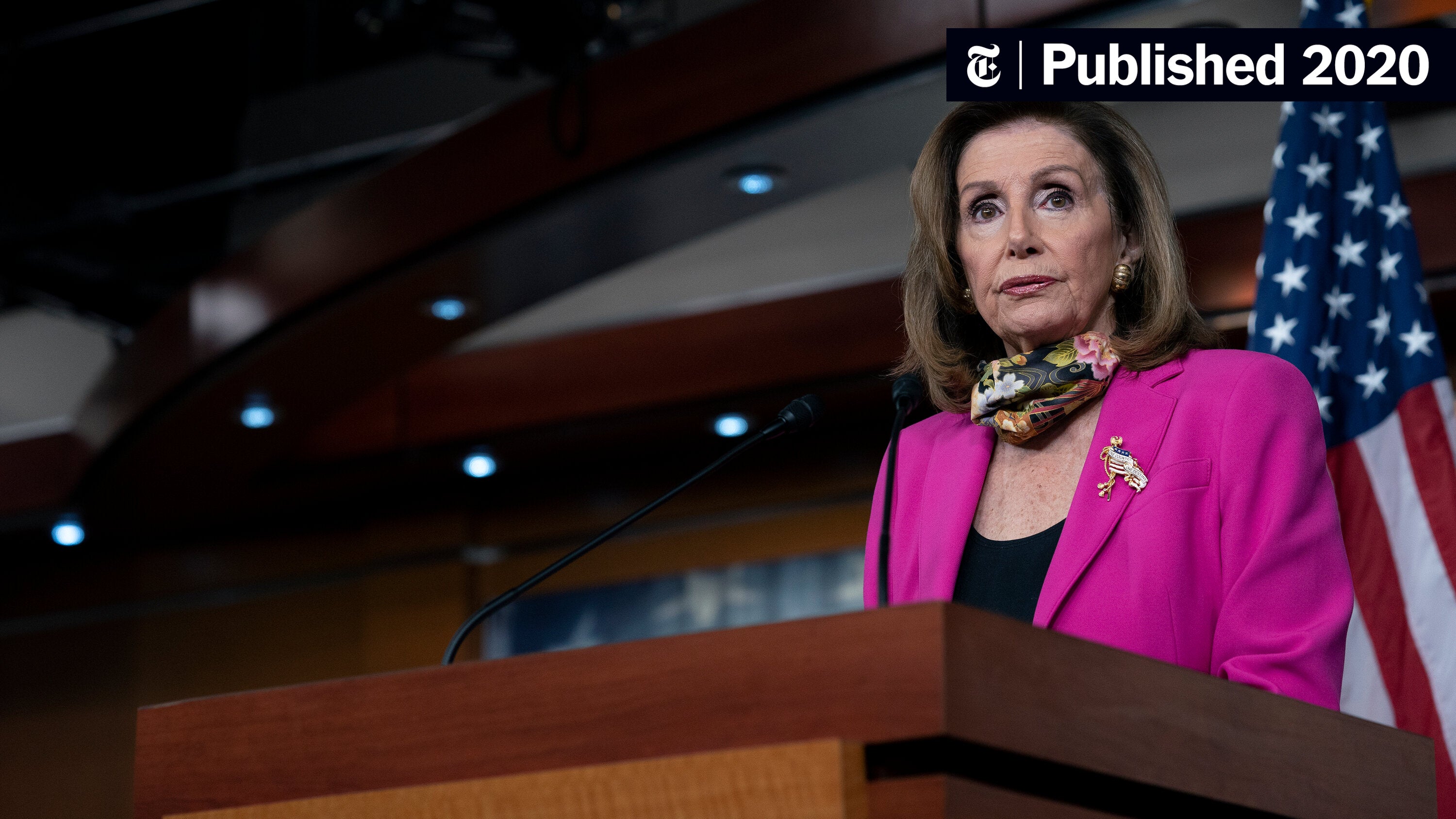Government's Spring Budget Fails To Impress Voters

Table of Contents
Lack of Relief for Cost of Living Crisis
The Spring Budget's most significant failing lies in its inadequate response to the escalating cost of living crisis. Soaring inflation, coupled with rapidly increasing energy prices and household bills, has placed immense financial pressure on families across the nation. The budget's measures, however, have been widely criticized as insufficient to provide meaningful relief.
-
Limited support for rising energy prices: Despite record-high inflation, the budget offered limited direct support for rising energy prices. Many feel this falls far short of what's needed to alleviate the burden on struggling households. Experts predict energy bills will continue to rise, leaving many vulnerable to fuel poverty.
-
Insufficient tax breaks for low and middle-income earners: The tax breaks announced disproportionately benefit higher-income earners, leaving those most affected by the cost of living crisis with little tangible support. This has fueled public anger and accusations of unfairness. The lack of targeted support for low and middle-income families further exacerbates the situation.
-
Failure to address the growing burden of household bills and debt: The budget failed to address the broader issue of increasing household debt and the strain on household budgets beyond energy costs. Many are struggling to pay for essentials like food and healthcare, highlighting a deeper systemic problem that the budget did not effectively tackle.
-
Public perception of inadequate measures: Public opinion polls reflect widespread dissatisfaction with the government’s response to the cost of living crisis. The perceived inadequacy of the budget's measures has fueled negative public sentiment and eroded trust in the government's ability to manage the economy effectively. Analysis shows a clear disconnect between the government's assessment of the situation and the lived reality for many citizens.
Disappointment in Key Policy Areas
Beyond the cost of living crisis, the Spring Budget also disappointed in several key policy areas, further contributing to its unpopularity. The lack of substantial investment in crucial public services and infrastructure projects has raised concerns about the government's long-term economic strategy.
-
Insufficient increase in healthcare funding: The NHS continues to face immense pressure, with long waiting lists and staff shortages. The budget's increase in healthcare funding is deemed insufficient to address these pressing issues, leading to criticism from healthcare professionals and patient advocacy groups.
-
Unimpressive investments in education and teacher training: Investment in education, including teacher training and resources, remains underwhelming, raising concerns about the long-term quality of education and the future skills gap. This reflects a broader pattern of underinvestment in public services.
-
Lack of substantial investment in crucial infrastructure projects: The budget lacks significant investment in vital infrastructure projects, such as transportation and renewable energy, hindering economic growth and future sustainability. This short-sighted approach is causing concern amongst business leaders and investors.
-
Concerns about cuts to social welfare programs: Reports suggest potential cuts to vital social welfare programs, further exacerbating inequalities and impacting vulnerable populations. This has led to widespread condemnation from charities and campaign groups advocating for social justice.
-
Public dissatisfaction with the overall level of investment in public services: The combination of insufficient funding across multiple sectors has led to widespread public dissatisfaction with the government's commitment to providing essential public services. This perception of neglect is a significant factor in the budget's negative reception.
Negative Public and Expert Reaction
The Spring Budget has been met with widespread condemnation from various sources, further reinforcing its failure to resonate with voters. Negative media coverage, public opinion polls, and expert analysis all point towards a significant political challenge for the government.
-
Negative coverage from major news outlets and commentators: Major news outlets and political commentators have largely criticized the budget for its inadequacy in addressing the cost of living crisis and its lack of vision for the future. The overwhelmingly negative tone reflects the widespread disappointment.
-
Results of public opinion polls showing widespread dissatisfaction: Public opinion polls consistently show widespread dissatisfaction with the budget, revealing a significant gap between the government's priorities and those of the public. This demonstrates a clear lack of public confidence in the government's economic management.
-
Criticism from opposition parties highlighting flaws in the budget's approach: Opposition parties have strongly criticized the budget, highlighting its flaws and advocating for alternative approaches that better address the needs of the population.
-
Expert analysis questioning the effectiveness of the proposed measures: Independent economic experts have questioned the effectiveness of the proposed measures, suggesting they will not adequately alleviate the cost of living crisis or stimulate economic growth. This casts doubt on the government's economic competence.
-
Social media reaction highlighting public anger and frustration: Social media has been abuzz with public anger and frustration over the budget's perceived failures, reflecting the widespread feeling of disappointment and betrayal.
Conclusion
The government’s Spring Budget has failed to resonate with voters, leaving many feeling let down amidst a worsening cost of living crisis. The limited support offered, coupled with underwhelming investments in key policy areas and significant negative public reaction, points towards a significant political challenge for the government. The lack of sufficient measures to address the cost of living, combined with underinvestment in vital public services, has created a climate of distrust and discontent. The government needs to seriously reconsider its economic policies and prioritize the needs of its citizens to regain public trust.
Call to Action: What are your thoughts on the Government's Spring Budget? Do you believe it adequately addresses the concerns of voters? Share your views on the Spring Budget and its impact in the comments section below. Let's discuss this disappointing Budget announcement and explore potential solutions to the challenges it has failed to address.

Featured Posts
-
 Australia Out Of Junior Eurovision 2025 Official Statement
May 19, 2025
Australia Out Of Junior Eurovision 2025 Official Statement
May 19, 2025 -
 Cohep Observa El Proceso Electoral Un Compromiso Con La Transparencia
May 19, 2025
Cohep Observa El Proceso Electoral Un Compromiso Con La Transparencia
May 19, 2025 -
 Fierce And Beautiful Stamp Art Inspired By British Mythology
May 19, 2025
Fierce And Beautiful Stamp Art Inspired By British Mythology
May 19, 2025 -
 Analyse Credit Mutuel Am Impacts Geopolitiques Sur L Environnement Maritime
May 19, 2025
Analyse Credit Mutuel Am Impacts Geopolitiques Sur L Environnement Maritime
May 19, 2025 -
 Nyt Mini Crossword Answers For March 24 2025 Complete Solutions
May 19, 2025
Nyt Mini Crossword Answers For March 24 2025 Complete Solutions
May 19, 2025
